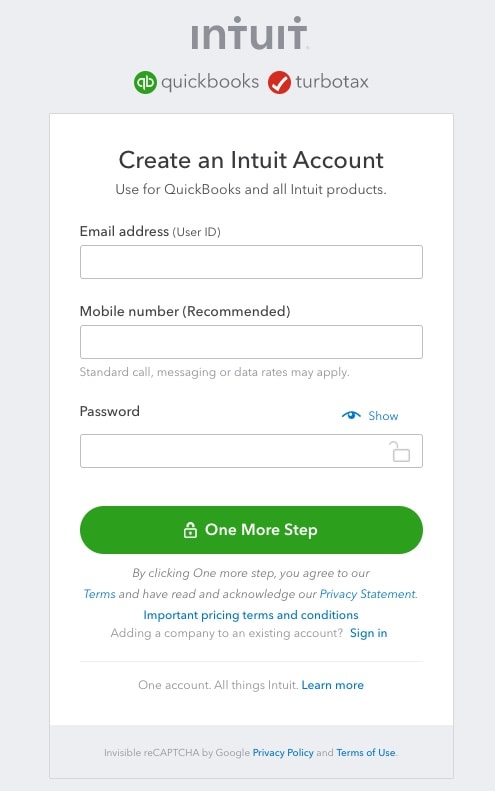Turn on suggestions
Auto-suggest helps you quickly narrow down your search results by suggesting possible matches as you type.
Showing results for
I thought this would be an easy setup, but straight away I'm stumped.
I am 100% employed. My employer pays all taxes on my behalf at source. This has been the case for 1 year.
I have had no other source of income.
However, my employment contract requires me to work remotely.
Therefore I incur various expenses which I can claim back. For example, I dedicate a room in my home as an office.
I want to use Quickbooks to keep track of expenses, so that at the end of the year I can fill out a self-assessment tax return and claim a rebate. I have already applied to HMRC to move to self assessment.
Straight away, Quickbooks is asking me if I am self-employed, or if I'm a landlord. I'm neither, and there is no third option.
What's the best way forward, please? Fill things out as if I'm self employed? But will this result in the correct numbers at the end of the year? Many thanks.
Solved! Go to Solution.
I appreciate your effort in posting in this forum, hurf0rd.
Firstly, let's dig into the difference between the self-employed and the landlord. This way, you can choose which one is suitable for you. You can choose the Sole Trader or Self-Employed if you complete an SA103 tax return. On the other hand, you can select Landlord if you complete an SA105 tax return for UK property.
Also, choosing between this two is crucial as this can't be change once you've selected the wrong option. With that in mind, it's best to seek for an accountant's guidance. This way, they can help you pick which of the two is suitable for you.
You can read the Set up your account section of this article for reference: QuickBook Self-Employed setup guide for Landlords.
I've also attached this helpful resource you can access anytime to learn more about your QuickBooks Online tasks: QBO Help articles.
If you have other questions about setting up your QBO, feel free to reply to this post. I'd be glad to lend a hand.
I appreciate your effort in posting in this forum, hurf0rd.
Firstly, let's dig into the difference between the self-employed and the landlord. This way, you can choose which one is suitable for you. You can choose the Sole Trader or Self-Employed if you complete an SA103 tax return. On the other hand, you can select Landlord if you complete an SA105 tax return for UK property.
Also, choosing between this two is crucial as this can't be change once you've selected the wrong option. With that in mind, it's best to seek for an accountant's guidance. This way, they can help you pick which of the two is suitable for you.
You can read the Set up your account section of this article for reference: QuickBook Self-Employed setup guide for Landlords.
I've also attached this helpful resource you can access anytime to learn more about your QuickBooks Online tasks: QBO Help articles.
If you have other questions about setting up your QBO, feel free to reply to this post. I'd be glad to lend a hand.
Ha! That is as I suspected - that the answer to this question is critical.
It means I must refrain from doing anything with Quickbooks, as I have not yet had any notification from HMRC which form they will require. On the gov.uk site, I simply applied to register for "self-assessment".
Ironically, I used to have a business, and an accountant (who just told me what I needed to sign), whom I asked about this process. Their response was simply that it was trivial, and I should not need an accountant! Which it sounds like it should be.
Hopefully I'll get some sort of confirmation from HMRC which I can use to determine how/if I use Quickbooks. Thanks gor your resp[onse.
Pete

You have clicked a link to a site outside of the QuickBooks or ProFile Communities. By clicking "Continue", you will leave the community and be taken to that site instead.
